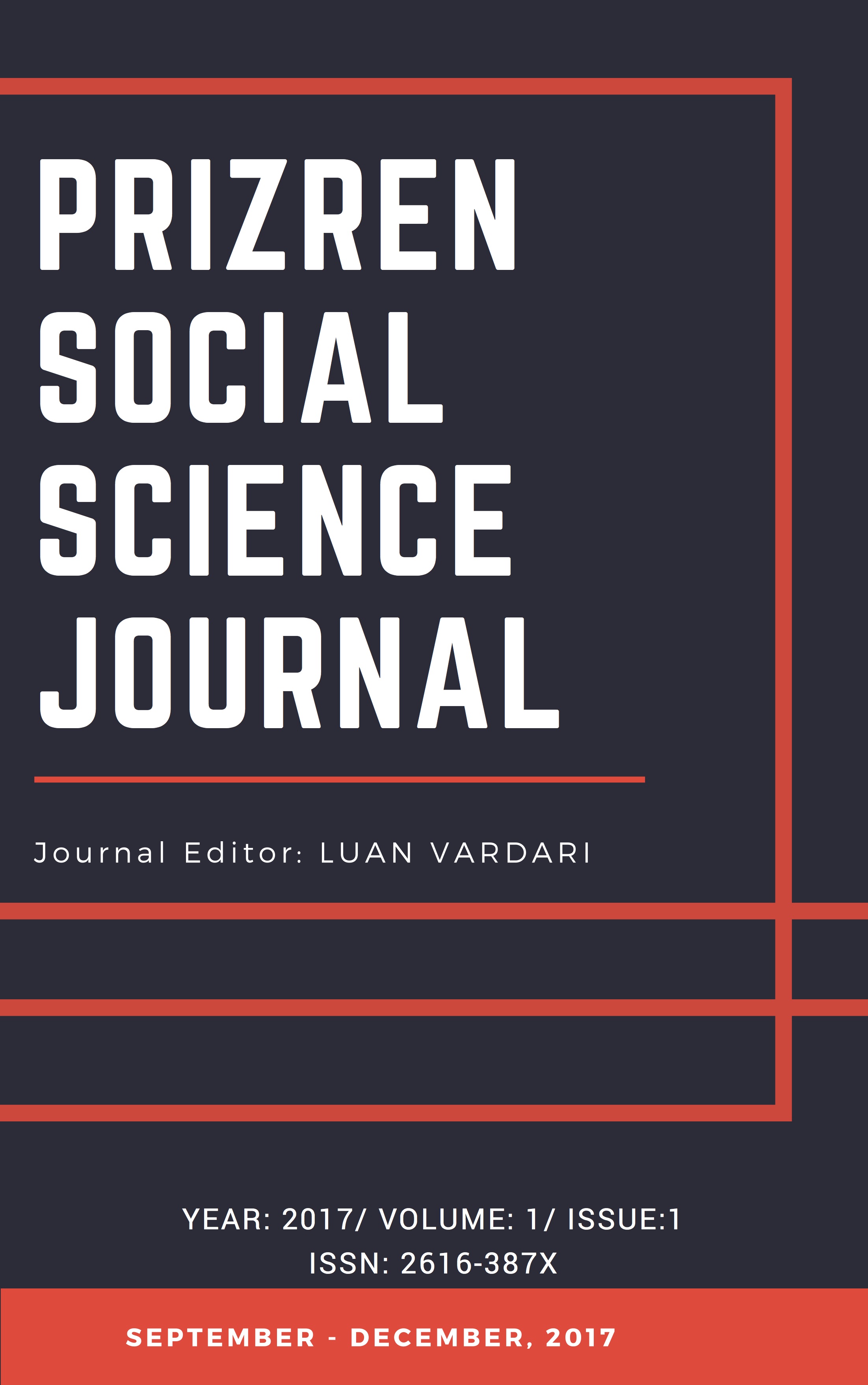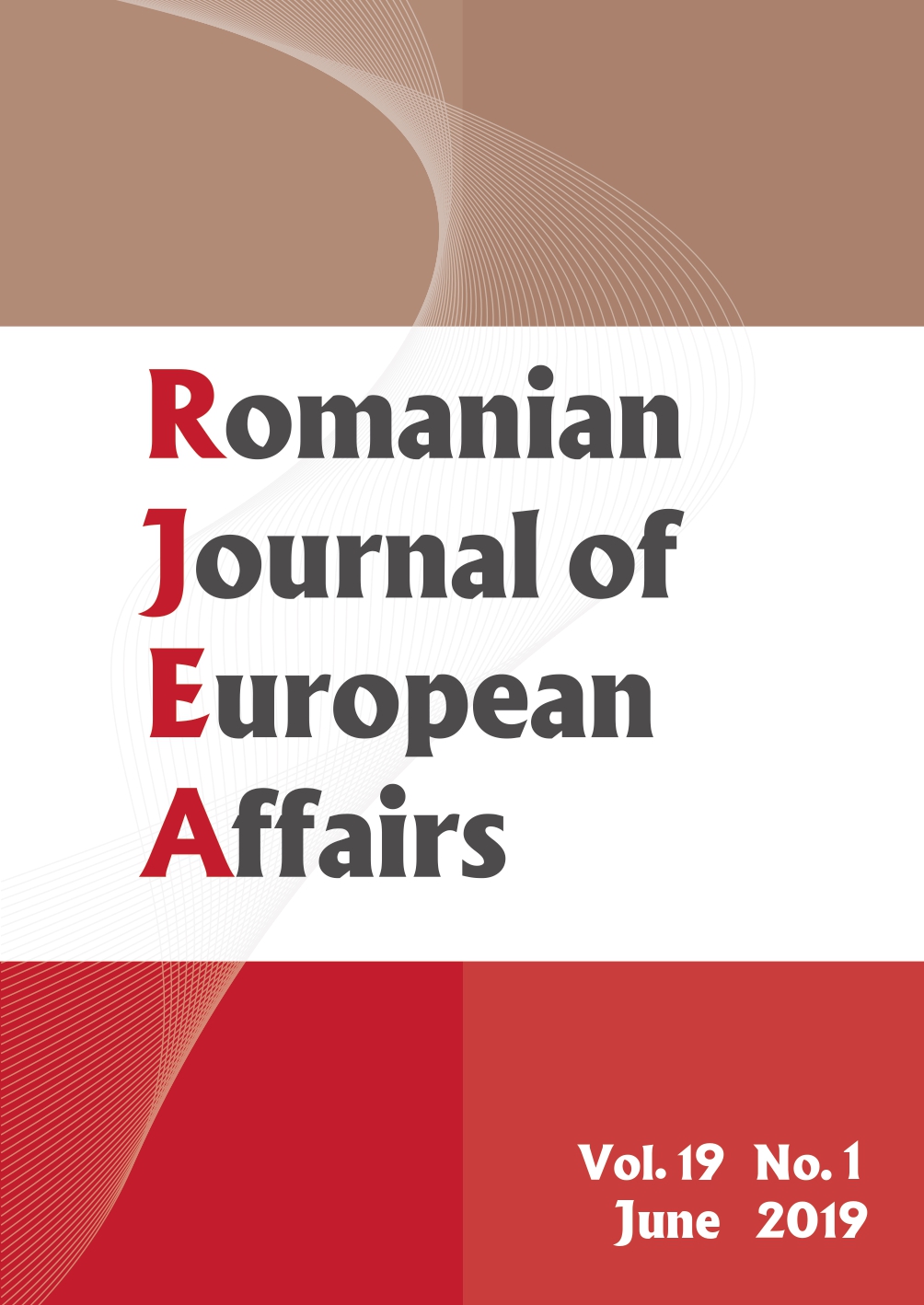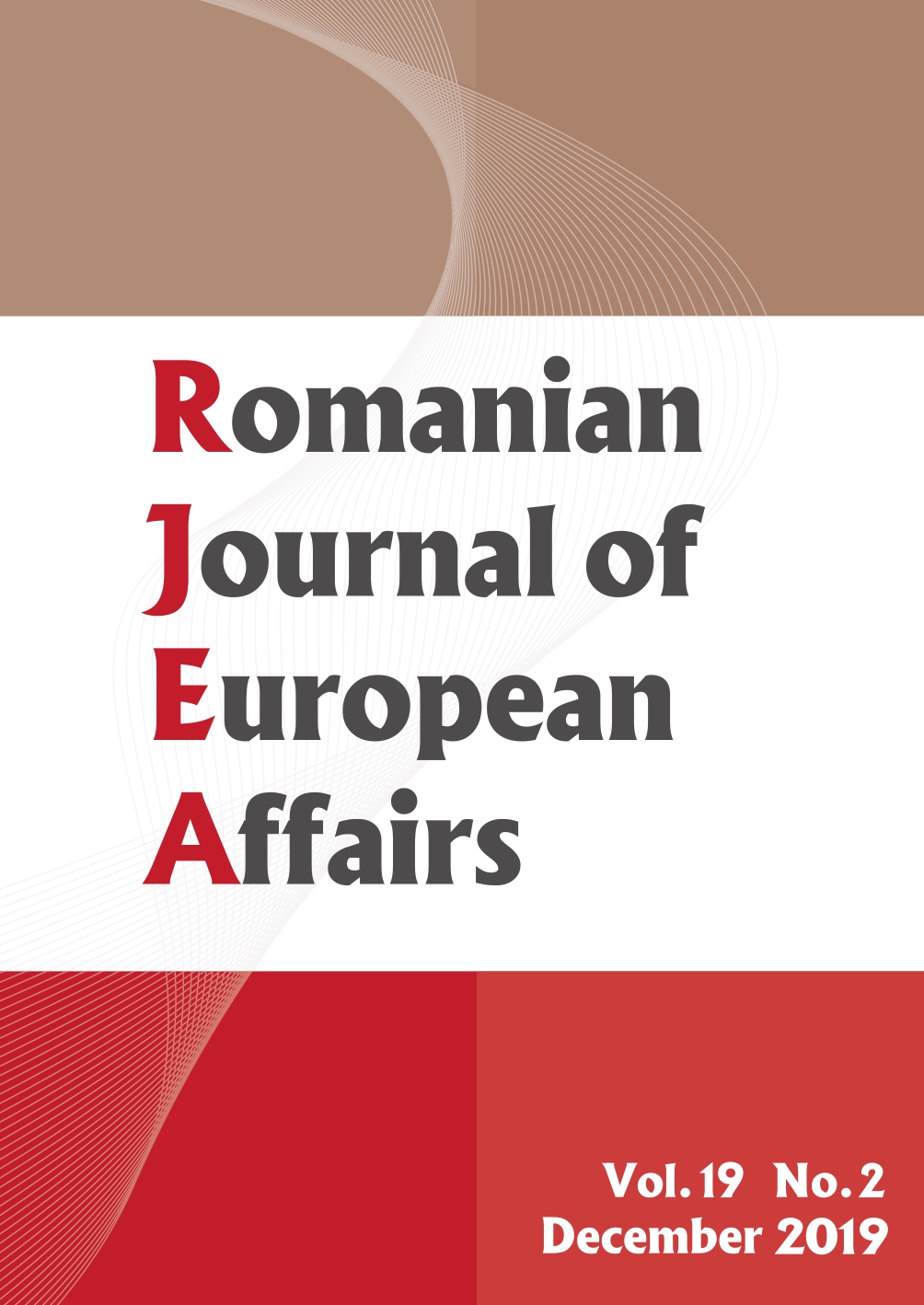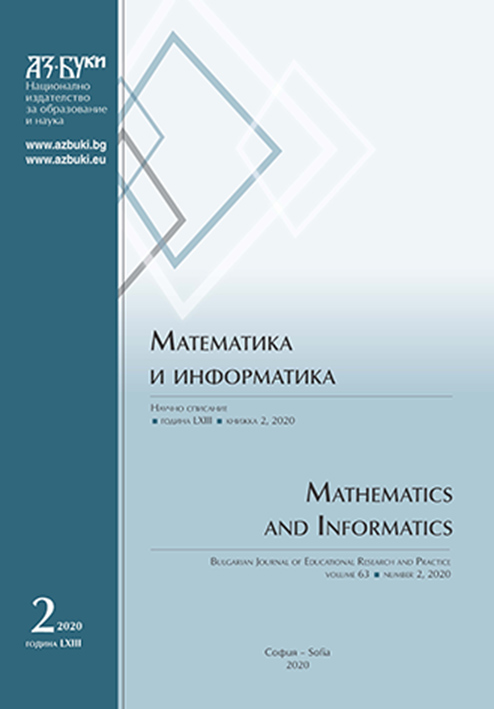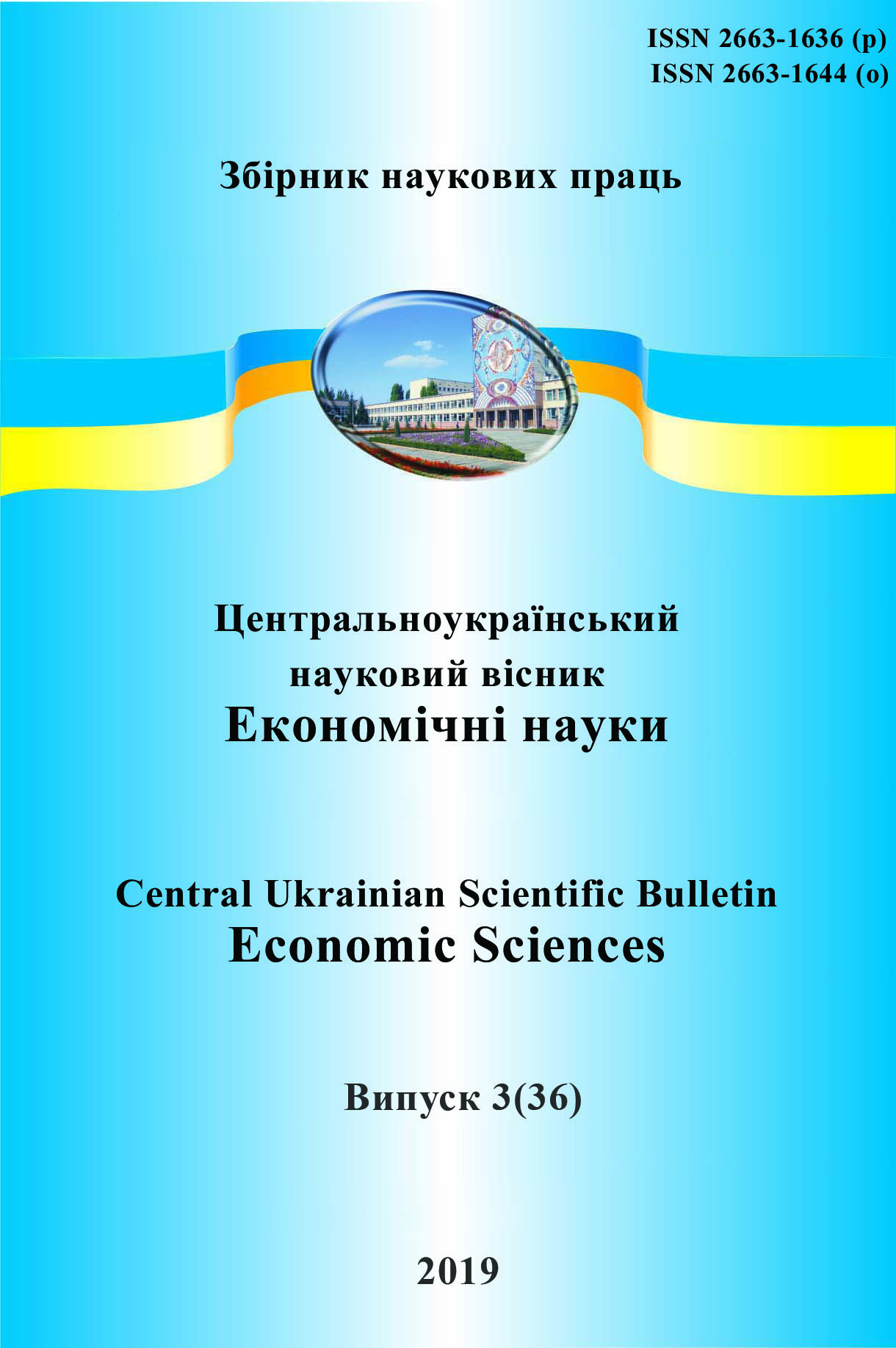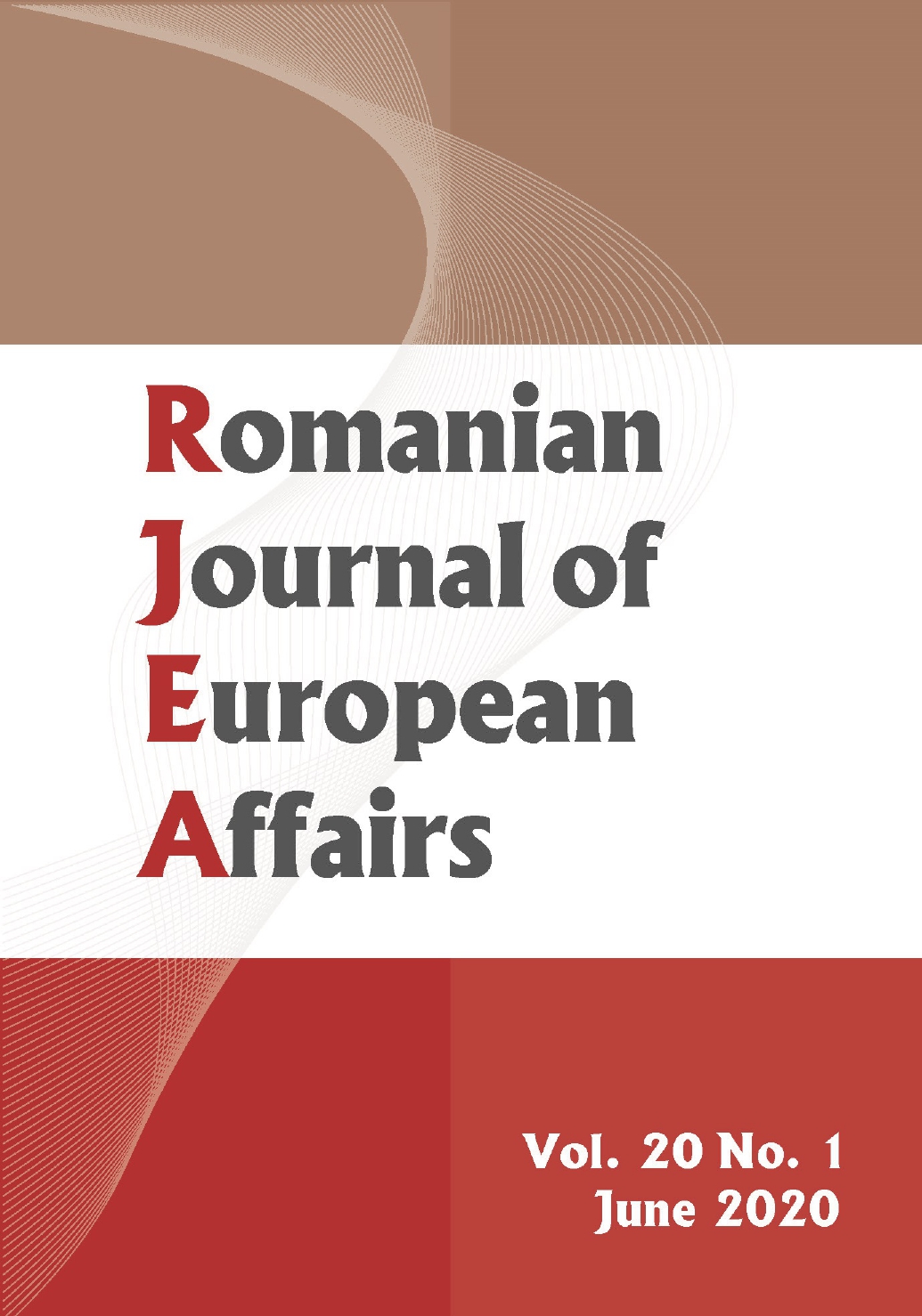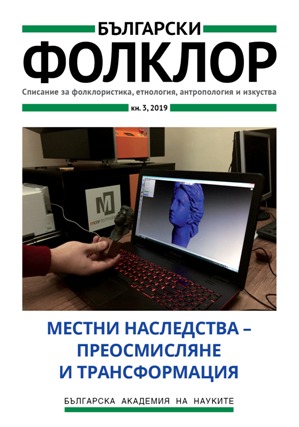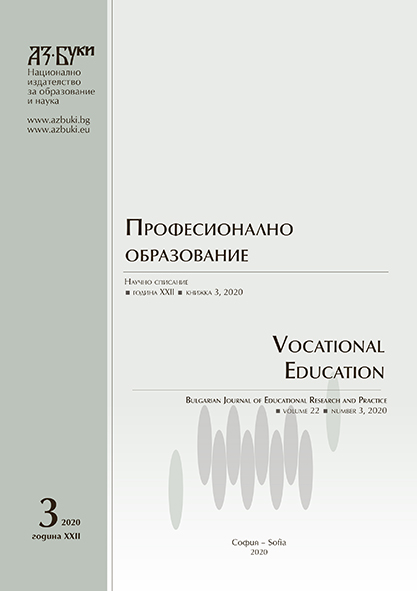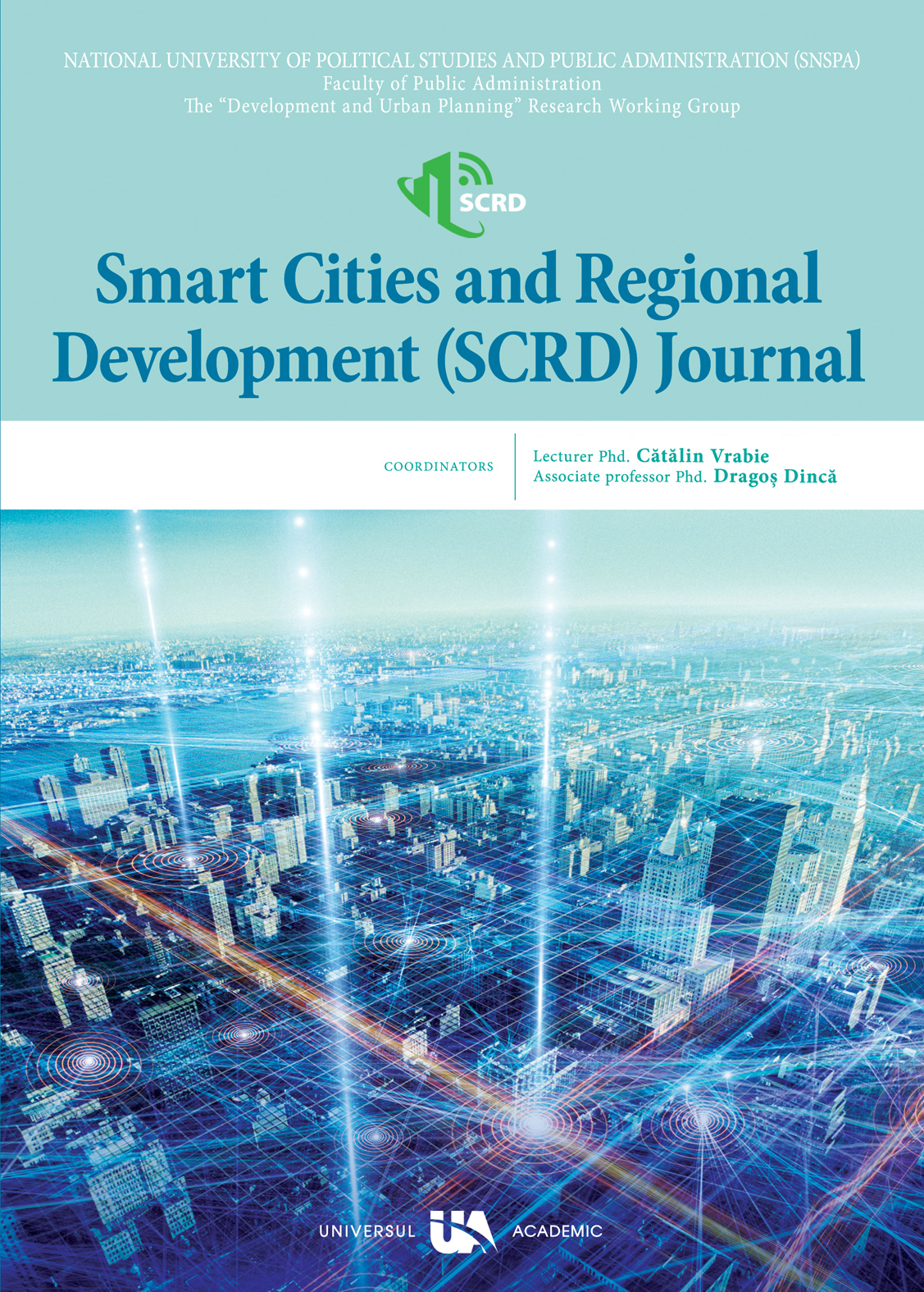Author(s): Kateryna Vasylkovska,Valentyna Malakhovska / Language(s): Ukrainian
Issue: 3 (36)/2019
The beginning of this century was marked by increased interest in food and energy security. The favorable geographical position and favorable natural and climatic conditions together with exclusive black earths make Ukraine one of the most promising producers of food in the world. However, there are a number of problems, both internal and external, that do not allow our country to fully reach its full potential. Along with the war in the east and political instability, there are a number of problems with the transformation of foreign trade and integration into the EU.The purpose of this article is to analyze the export potential of cereals in Ukraine, to determine the dependencies between the gross harvest, yield and export of cereals, as well as to formulate recommendations for determining the efficiency of Ukrainian exports, its capacity and opportunities to increase in connection with the transition to new technologies for growing cereals in the face of changing climatic conditions.It was found that with a constant average value of the area under cereals of 14.9 million hectares, the gross collection tended to grow steadily, and accordingly the prospects for an increase in the share of grain exports appeared. It has been proved that this was made possible by the change in cultivation technology and, as a consequence, the increase of grain yield to 47.4 centner per hectare in 2018, which exceeds the 2000 figure (19.4 centner per hectare) by 2.4 times. The share of exports in the gross collection also tended to increase. In 2000, the share of exports was 5.3%, and in 2018 - 70.6%. Leaving 20.5 to 22.5 million tones of grain, Ukrainian agrarians export an average of 38.9% of the harvest.The study shows that Ukraine has the prerequisites for increasing grain exports, which is facilitated by such external factors as WTO accession, integration processes, and market orientation in the EU. At the same time, it is substantiated that considerable attention should be paid to the organizational and technological factors of the internal environment of agricultural producers. Due to changes in climatic conditions, there is a gradual change in the technology of growing crops. Changing the technology of cultivation involves the transition to new agricultural units that will provide moisture-saving agriculture. Without state support for agricultural production, it is impossible for farmers to make a qualitative and quantitative transition to higher yields. That is, direct support of farms by the state in the transition to the newest systems of cultivation technology is a key to increasing Ukraine's grain yields and, as a result of its export potential.Further studies of Ukraine's export potential should focus on identifying the dependence of the gross harvest and yield of oilseeds, as well as exploring the prospects for increasing the share of exports of oilseeds in Ukraine and formulating recommendations on how to increase their share of exports and prospects for their highly productive cultivation.
More...
